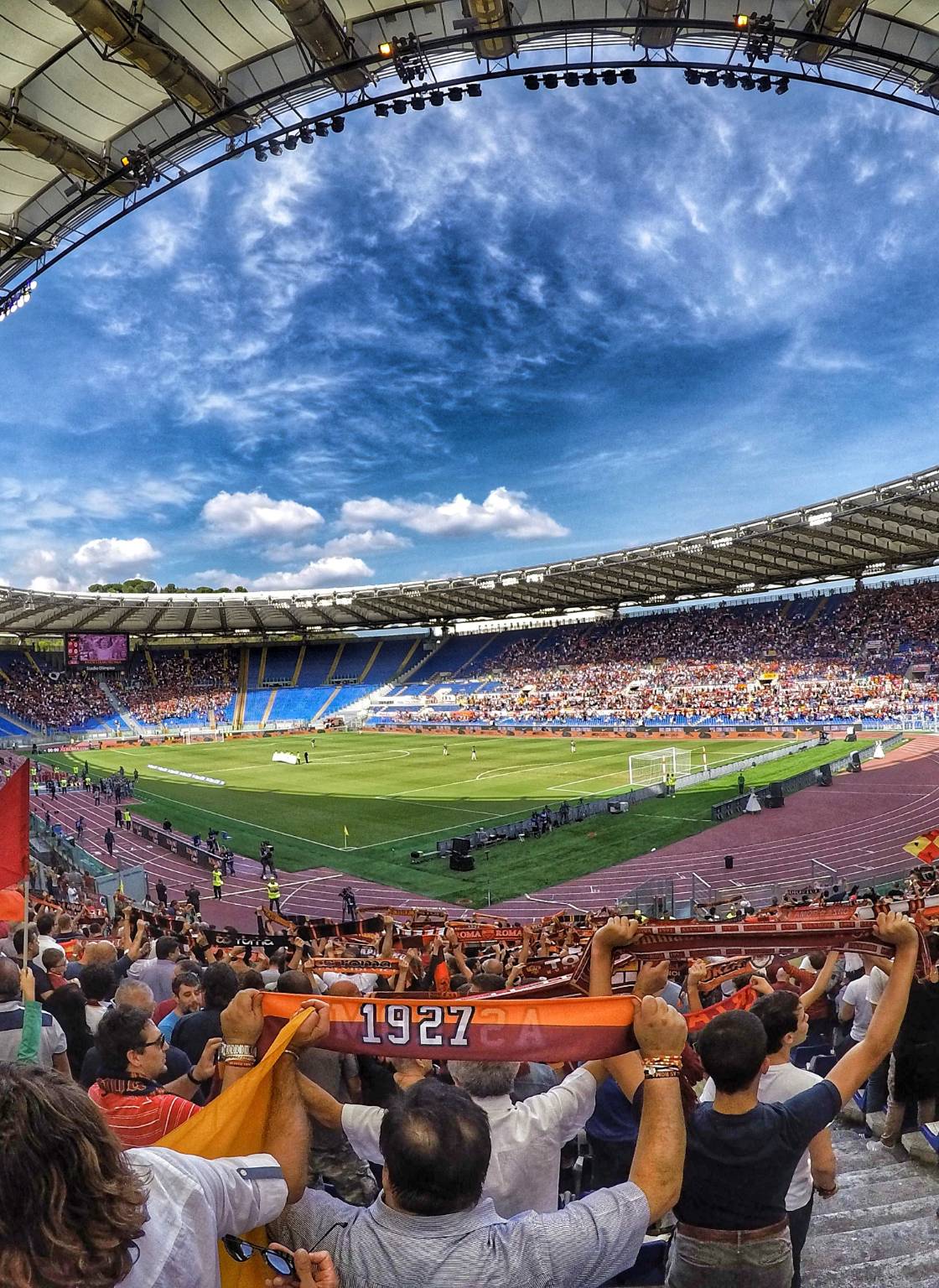Combating Corruption to Protect Fair Play
Sports are a powerful unifier, bringing people together in a shared passion for competition, athleticism, and teamwork. But this passion can be tarnished by the insidious presence of corruption. When manipulation and unethical practices infiltrate the games we love, the consequences are far-reaching, impacting athletes, fans, and the very foundation of fair play.
The Devastating Impact of Corruption in Sports
Corruption in sports takes many forms, from match-fixing and point-shaving to bribery and doping. These practices not only disrupt fair competition but also have severe consequences:
Financial Losses
When fans lose trust in the legitimacy of wins due to manipulation, they may withdraw financial support. This can impact teams, athletes, and entire sports leagues through lost sponsorships and ticket sales.

Eroded Trust
Corruption erodes the very foundation of sportsmanship. Fans lose faith in the integrity of the games, questioning results and the commitment to fair play by athletes and governing bodies.
Emotional Distress
Athletes robbed of a fair chance to compete experience disappointment, discouragement, and even a sense of betrayal. This can have a significant negative impact on their mental well-being.
The financial disparity between athletes in different sports can also play a role. Athletes in certain sports, particularly those with less financial security, may be more susceptible to manipulation due to the promise of quick financial gain.
A History of Corruption: High-Profile Cases
Unfortunately, sports have a long history of grappling with corruption. Recent years have seen several high-profile cases that highlight the pervasiveness of this issue:
2015: The arrest of high-ranking FIFA officials on charges of widespread bribery and money laundering sent shockwaves through the football world, exposing deep-seated corruption within the governing body.
2015-2016: Investigations into the former president of the International Association of Athletics Federations (IAAF) revealed alleged cover-ups of positive doping tests in exchange for bribes, raising serious concerns about fairness in athletics.
2016: The Rio Olympics, a global celebration of athletic achievement, was marred by the arrest of a top official accused of ticket scalping, highlighting the potential for corruption even at the highest levels of international competition.
These are just a few examples, and the fight against corruption in sports is ongoing.
Restoring Integrity: The Importance of Exposing Corruption
Exposing corruption is a crucial step towards restoring integrity to sports. By bringing offenders to justice, we can:
Deter Future Misconduct
When perpetrators are held accountable, it sends a strong message that corruption will not be tolerated. This deters future wrongdoing and protects the integrity of the games.
Rebuild Fan Trust
Exposing corruption allows fans to regain faith in the legitimacy of sporting events. Transparency and accountability are essential for rebuilding trust and ensuring continued fan support.
Level the Playing Field
Eradicating corruption ensures fair competition for all athletes. When manipulation is eliminated, athletes with talent and dedication have the opportunity to succeed on their own merits.
Protecting the Games We Love: A Collective Effort
Combating corruption in sports requires a multi-pronged approach. Here are some ways we can work together to protect the integrity of the games we love:
Support Organizations Fighting Corruption
Organizations like the United Nations Office on Drugs and Crime (UNODC) and Interpol play a vital role in investigating and prosecuting corruption in sports. By supporting these organizations, we can contribute to their efforts to safeguard sporting integrity.
Report Suspicious Activity
If you suspect corruption is taking place, it’s important to report it to the appropriate authorities. Whistleblowing mechanisms are crucial for exposing wrongdoing and holding perpetrators accountable.
Promote Ethical Practices
Athletes, coaches, and sports officials all have a responsibility to uphold ethical standards. Educational programs and awareness campaigns can help foster a culture of sportsmanship and fair play.
Conclusion
